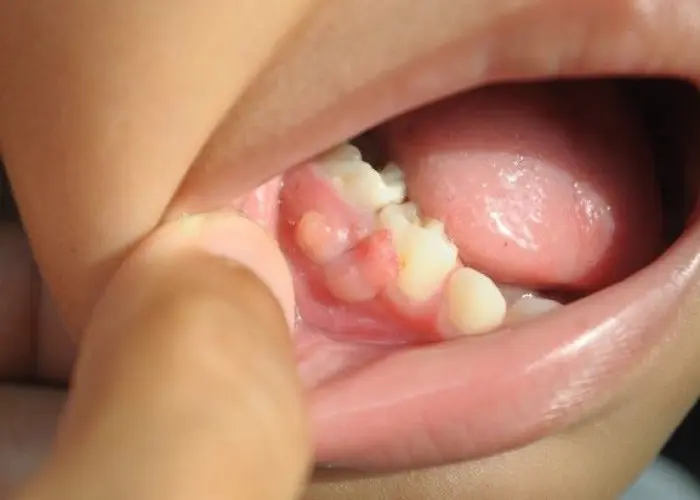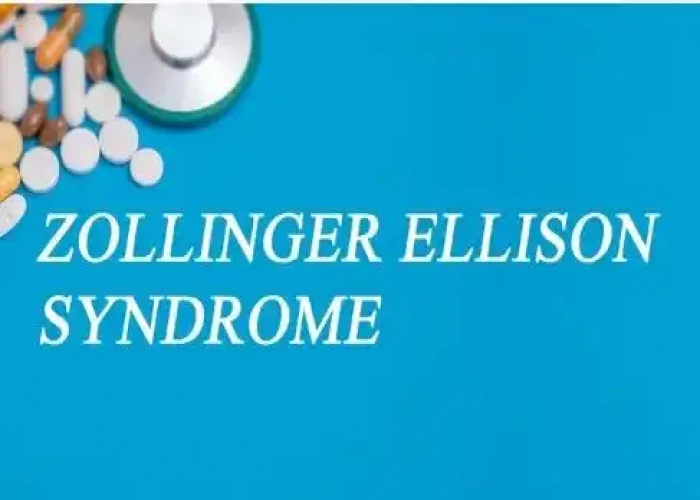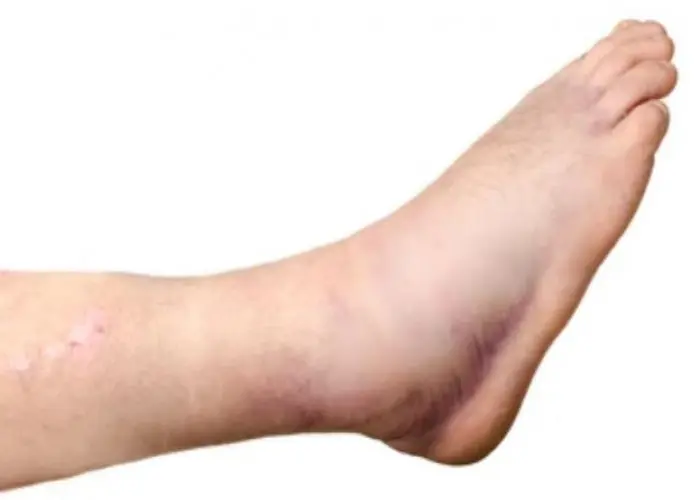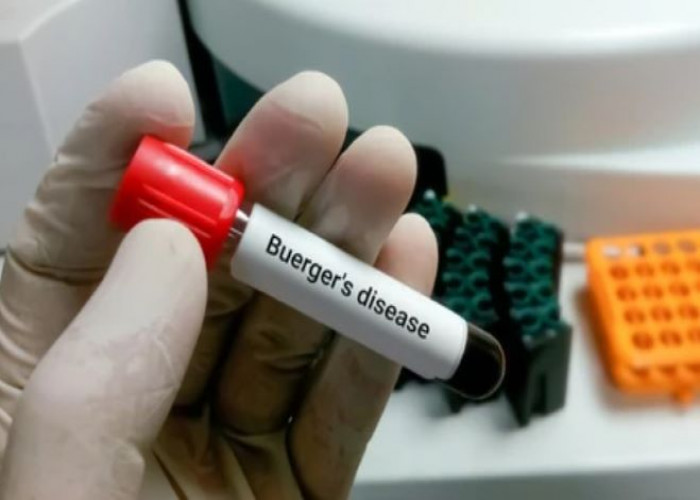 Welcome
Welcome
“May all be happy, may all be healed, may all be at peace and may no one ever suffer."
Buerger's disease

Buerger's disease, also known as thromboangiitis obliterans, is a rare disease that affects the blood vessels, particularly those in the arms and legs. It is characterized by inflammation and clotting of small and medium-sized arteries and veins, which can lead to blockages and tissue damage. Symptoms may include pain, numbness, tingling, and skin discoloration in the affected areas, as well as weakness or fatigue. The exact cause of Buerger's disease is unknown, but it is strongly associated with tobacco use. Treatment options may include quitting smoking, medications to improve blood flow and manage pain, and in severe cases, surgery or amputation of affected limbs. It is important for individuals with Buerger's disease to avoid tobacco use and work closely with a healthcare provider to manage their symptoms and prevent complications.
Research Papers
Disease Signs and Symptoms
- Tingling in arms
- Arm or Hand pain
- Leg pain
- Painful open sores on fingers and toes.
- Inflammation along a vein just below the skin's surface (due to a blood clot in the vein).
- Fingers and toes that turn pale when exposed to cold (Raynaud's phenomenon).
Disease Causes
Buerger's disease
The exact cause of Buerger's disease is unknown. While tobacco use clearly plays a role in the development of Buerger's disease, it's not clear how it does so. It's thought that chemicals in tobacco may irritate the lining of your blood vessels, causing them to swell.
Experts suspect that some people may have a genetic predisposition to the disease. It's also possible that the disease is caused by an autoimmune response in which the body's immune system mistakenly attacks healthy tissue.
Disease Prevents
Buerger's disease
Quit using tobacco in any form
Virtually everyone who has Buerger's disease has used tobacco in some form, most prominently cigarettes. To prevent Buerger's disease, it's important to not use tobacco.
Quitting smoking can be hard. If you're like most people who smoke, you've probably tried to quit in the past. It's never too late to try again. Talk to your doctor about strategies to help you quit.
Disease Treatments
Smoking cessation
Although no treatment can cure Buerger's disease, the most effective way to stop the disease from getting worse is to quit using all tobacco products. Even a few cigarettes a day can worsen the disease.
Your doctor can counsel you and recommend medications to help you stop smoking and stop the swelling in your blood vessels. You'll need to avoid nicotine replacement products because they supply nicotine, which activates Buerger's disease. There are non-nicotine products that you can use.
Another option is a residential smoking cessation program. In these programs, you stay at a treatment facility, sometimes a hospital, for a set number of days or weeks. During that time you participate in daily counseling sessions and other activities to help you deal with the cravings for cigarettes and to help you learn to live tobacco-free.
Other treatments
Other treatment approaches exist for Buerger's disease, but are less effective than quitting smoking. Options include:
- Medications to dilate blood vessels, improve blood flow or dissolve blood clots
- Intermittent compression of the arms and legs to increase blood flow to your extremities
- Spinal cord stimulation
- Amputation, if infection or gangrene occurs
Potential future treatments
- Nerve surgery. Surgery to cut the nerves to the affected area (surgical sympathectomy) to control pain and increase blood flow, although this procedure is controversial and long-term results haven't been well-studied
- Growing new blood vessels. Medications to stimulate growth of new blood vessels (therapeutic angiogenesis), an approach that is considered experimental
- Bosentan (Tracleer). This medication has been approved for treating high blood pressure in the lungs. The drug improved blood flow in small studies of people with Buerger's disease.
- Blood vessel procedure. A thin catheter threaded into the blood vessels might open blood vessels, restoring blood flow. Although this procedure — called endovascular therapy — isn't widely used, it might be effective.
Disease Diagnoses
Disease Allopathic Generics
Disease Ayurvedic Generics
Disease Homeopathic Generics
Disease yoga
Buerger's disease and Learn More about Diseases

Melanoma

Esophageal spasms

Gum Boil

Listeria infection

Bone spurs

Zollinger-Ellison syndrome

Broken ankle

Scabies
Buerger's disease, Buerger disease treatment, বুজারস ডিজিজ
To be happy, beautiful, healthy, wealthy, hale and long-lived stay with DM3S.
